A deep-sea animal, one of a species of which marine biologists call the “janitors of the sea”, was recently discovered.
It was discovered deep in the waters of the Gulf of Alaska by a team of scientists and explorers, and may even hold the key to mitigating one of the major consequences of man-made climate change.
Tube-Like Legs

The creature, a type of sea cucumber, has 214 legs that are described as being shaped like “tubes.”
The legs are used to grab and recycle sediment on the deep ocean floor.
Named After a Canadian Naturalist
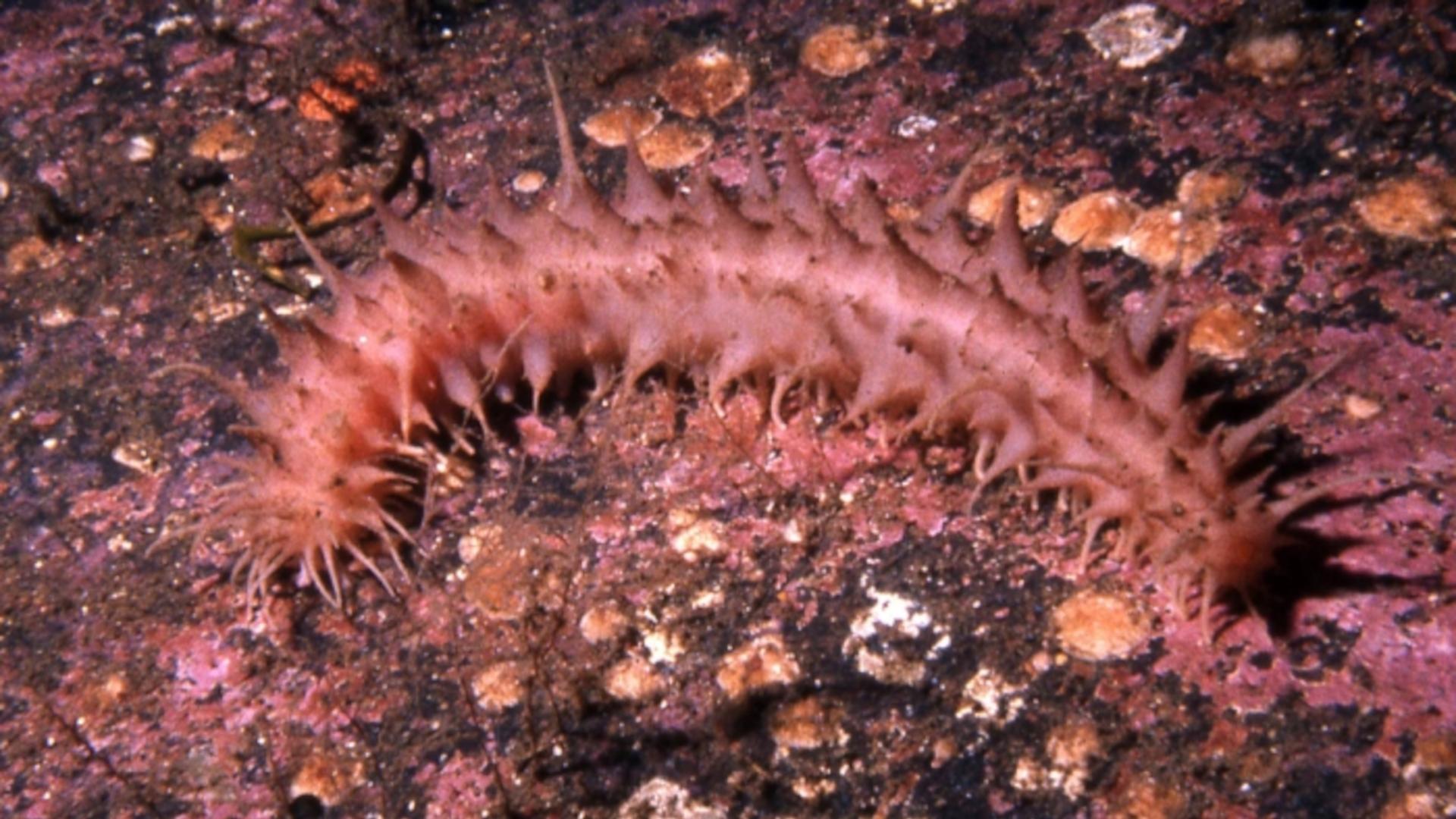
The McDaniel sea cucumber was named after a Canadian naturalist, Neil McDaniel.
The naturalist is a specialist in sea cucumbers and other sea creatures including anemones, sponges and corals.
Not So Varied Diet
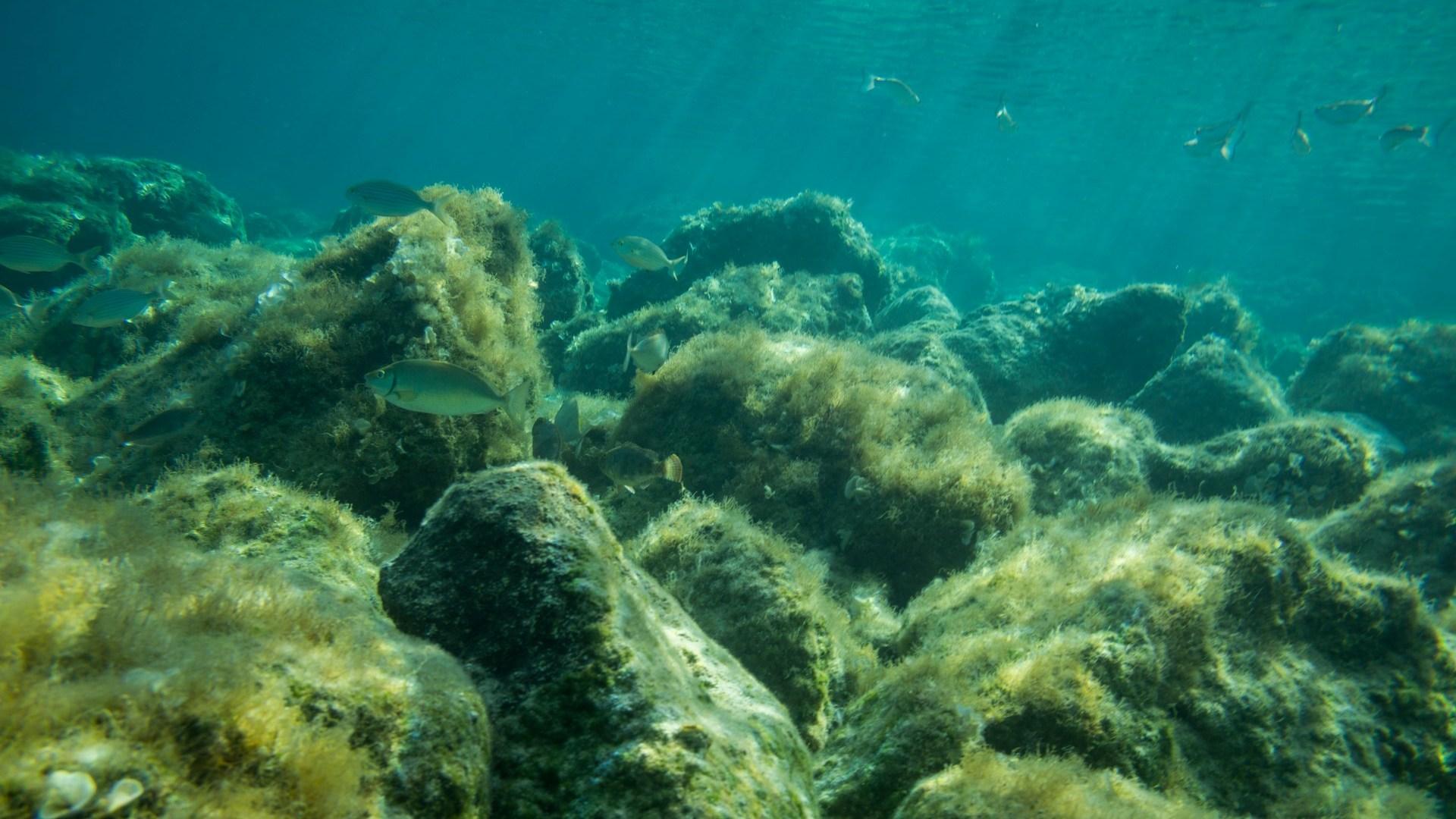
The McDaniel sea cucumber lives off of food found in sediment on the base of the North Atlantic.
A marine biologist at the University of Rome, Arnold Rakaj, says it consumes “fish waste, algae, and other organic matter.”
Important Component of Ecosystem

The value of sea cucumbers for coral environments in particular has gained prominence in recent decades.
Marine biologists have taken to referring to them as “janitors of the sea” in reference to the vital cleaning job they do in those ecosystems.
Waste Turnover

The animals take the nutrients and recycle them via their digestive system.
They take up the sediment with their tubular legs, refine it, and deposit it as clean, healthy sand.
Vacuum Cleaners

Another analogy used to colorfully describe their behavior is that of a household appliance.
A biologist, Professor Ove Hoegh-Guldberg, described their importance: “Sea cucumbers have a very important role, they’re literally the underwater vacuum cleaners.”
Chalky By-Product
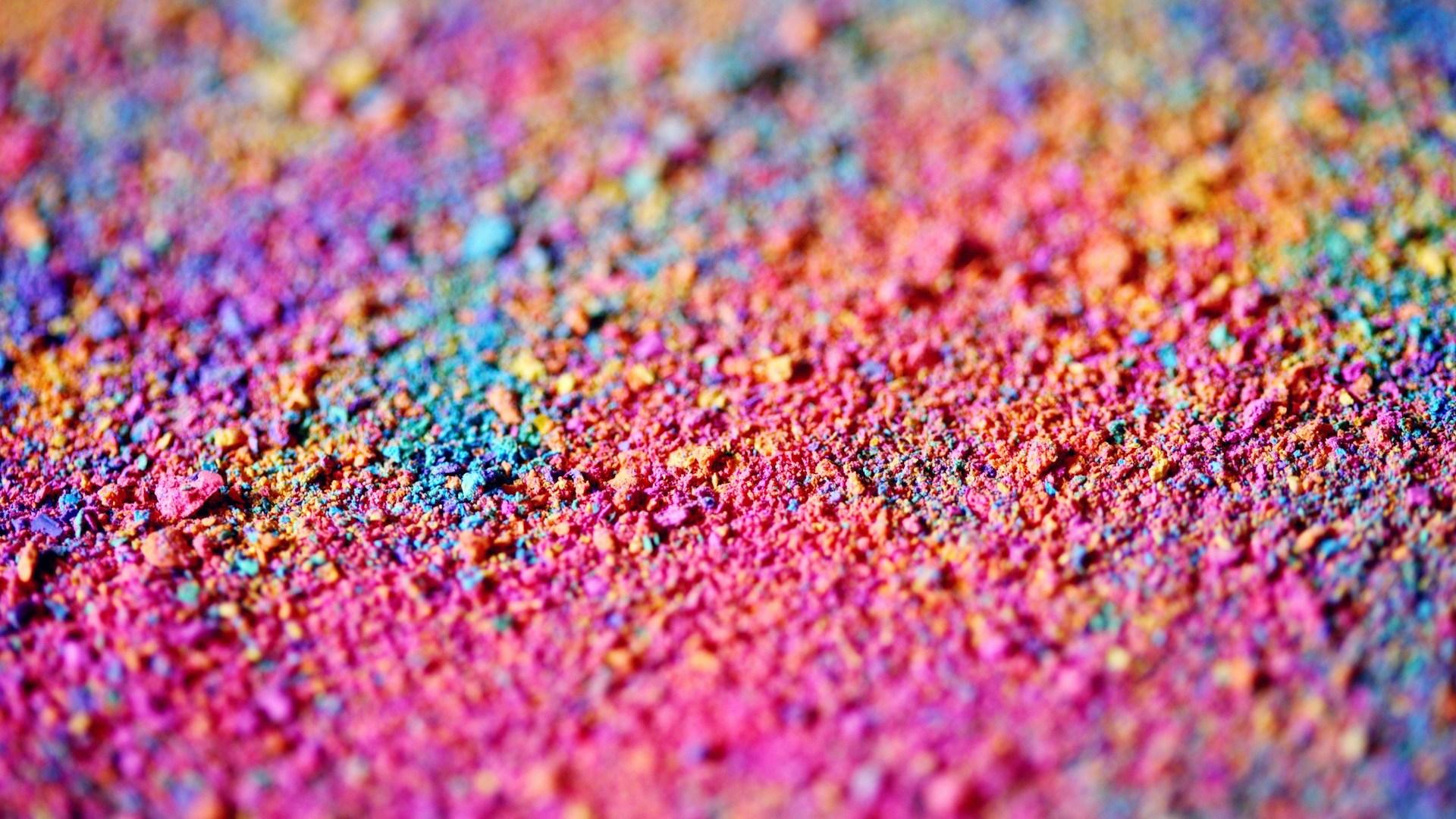
The creature produces calcium carbonate as part of its cleaning work, an important by-product for its native environments.
Calcium carbonate is known to have a number of benefits to coral, keeping them healthy and resilient.
Alkaline Effect
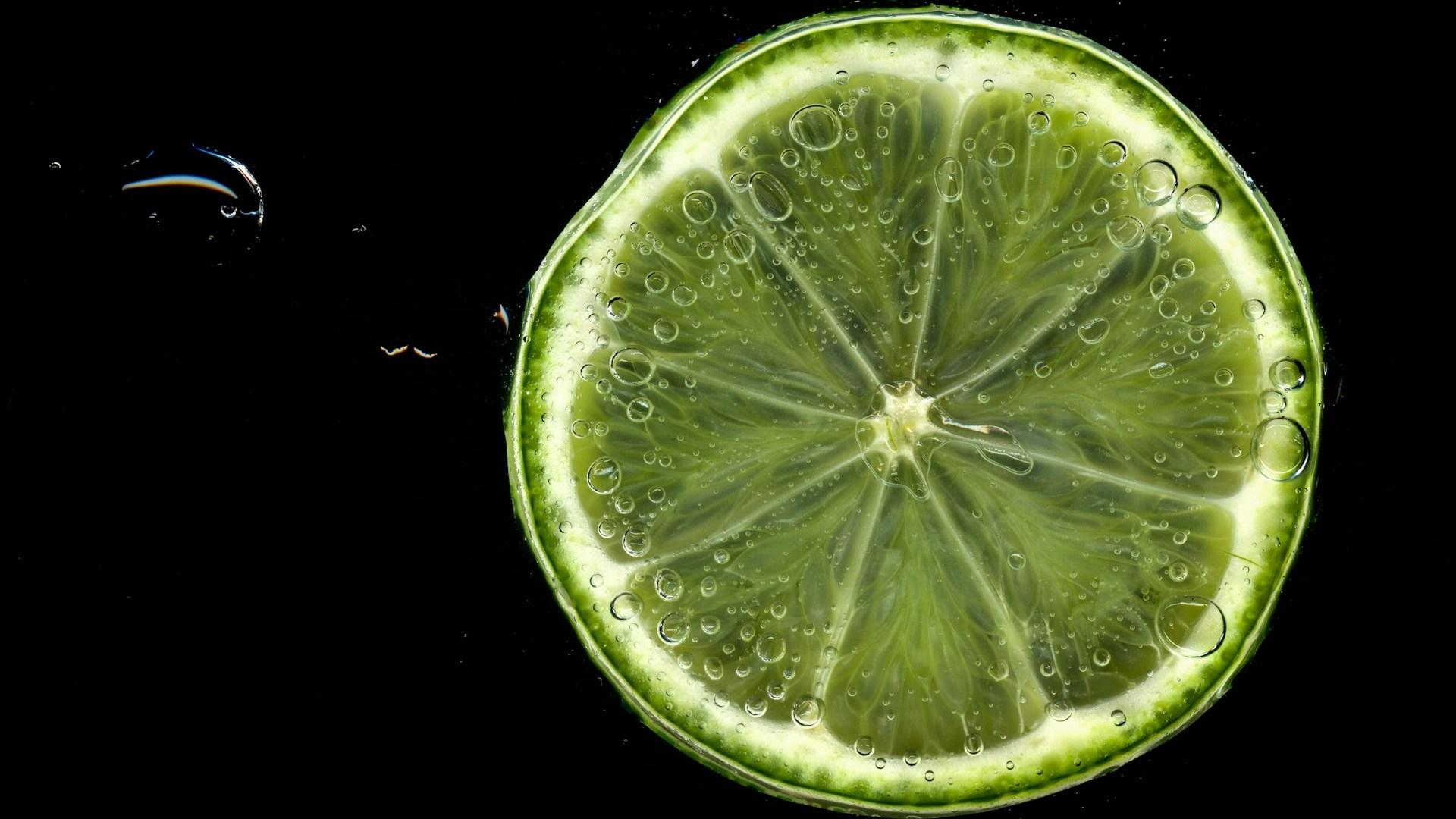
One scientist also describes their vital role in combatting the dangerous climate-related effect of ocean acidification.
Marin Byrne, director of a Great Barrier Reef research station, says that the creatures help to make up “an important component of the natural calcium carbonate turnover.”
Sea Cucumbers on the Decline
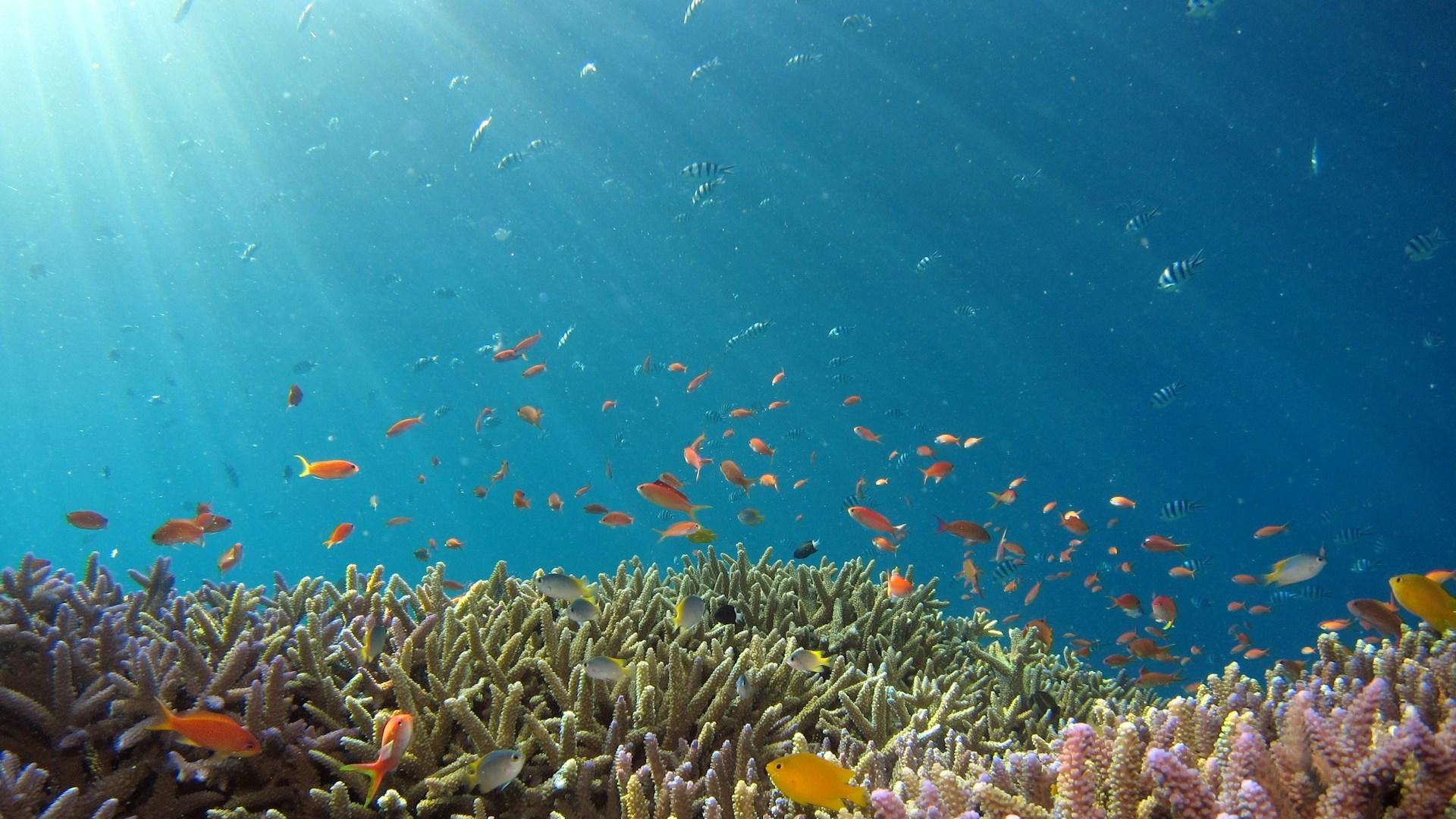
Unfortunately, these “janitors” have suffered declining populations in recent years due to overfishing and loss of coral reef habitats.
This discovery hopefully heralds a welcome recovery for the populations of sea cucumbers in deep sea habitats and the balanced ecosystems that thrive under their vital stewardship.


